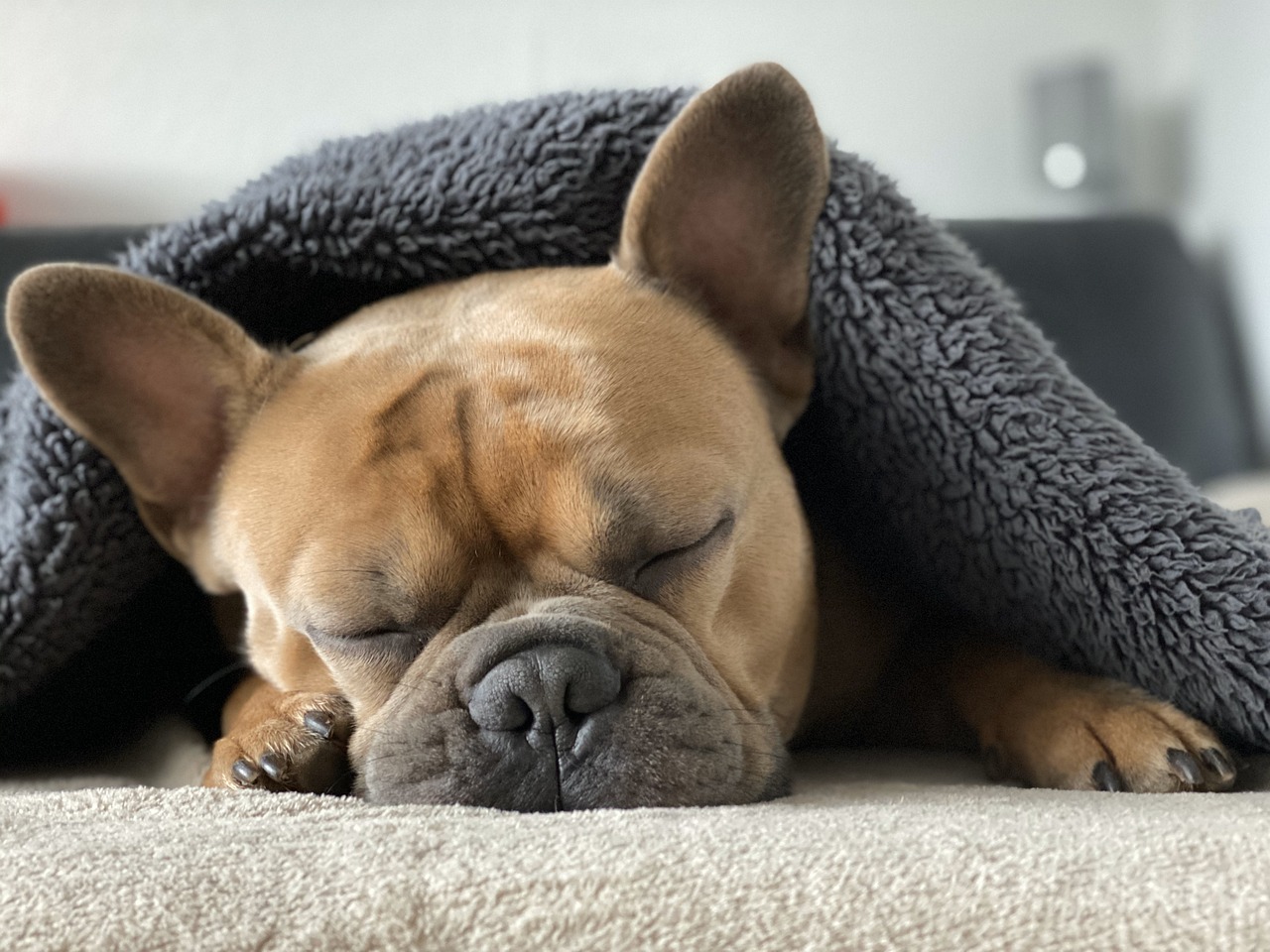
As a pet owner, ensuring the health and well-being of your furry companion is a top priority. Pets bring immeasurable joy to our lives, becoming beloved members of our families. However, just like humans, pets can fall ill or experience medical emergencies that require immediate attention and substantial financial investment. This is where pet insurance comes into play. Pet insurance is designed to alleviate the financial burden of unexpected veterinary expenses, but a common question among pet owners is whether pet insurance covers conditions like bloat, medically known as gastric torsion.
Understanding Bloat (Gastric Torsion)
Bloat, also referred to as gastric torsion or twisted stomach, is a potentially life-threatening condition that primarily affects large and deep-chested dog breeds. It involves the rapid accumulation of gas in the stomach, causing it to expand and potentially twist on itself. This can lead to obstruction of blood flow to the stomach and other organs, which can result in tissue damage, shock, and even death if not treated promptly. Bloat is considered a medical emergency that requires immediate veterinary intervention.
Related: Where can I find the most inexpensive pet insurance?
The exact cause of bloat is not fully understood, but factors such as eating too quickly, drinking large amounts of water after eating, exercising vigorously after meals, and certain genetic predispositions have been identified as potential risk factors. Breeds such as Great Danes, Boxers, Doberman Pinschers, and Standard Poodles are among those that are most susceptible to bloat.
Does Pet Insurance Cover Bloat?
When it comes to pet insurance coverage for bloat, it’s important to note that policies can vary significantly depending on the provider, the specific plan, and the terms and conditions outlined in the policy. Some pet insurance plans do cover bloat, while others may have limitations, waiting periods, or exclusions related to this condition. Therefore, it’s crucial for pet owners to thoroughly research and compare different insurance options before making a decision.
Coverage Variability: As previously mentioned, the coverage for bloat can vary widely from one pet insurance plan to another. Some plans may include bloat in their standard coverage, while others might offer it as an optional add-on or rider. It’s essential to carefully read the policy documents and discuss the coverage details with the insurance provider to understand the extent of coverage for bloat.
Waiting Periods: Many pet insurance policies have waiting periods before coverage for specific conditions, including bloat, becomes effective. This means that if your pet develops bloat shortly after purchasing the insurance, the treatment costs may not be fully covered. Waiting periods can range from a few days to several weeks, depending on the insurance provider and plan.
Pre-existing Conditions: Like with most insurance policies, pre-existing conditions are typically not covered. If your pet has a history of bloat or has shown symptoms related to bloat before obtaining the insurance, any treatment costs associated with bloat would likely be excluded from coverage.
Exclusions and Limitations: Some pet insurance policies may have specific exclusions or limitations related to bloat. For example, certain plans might cover the initial treatment of bloat but not cover follow-up treatments, surgeries, or complications that arise as a result of the condition. It’s crucial to carefully review the policy documents to understand these nuances.
Additional Costs: Even if your pet insurance policy covers bloat, there may still be out-of-pocket expenses, such as deductibles, co-pays, and annual limits. These costs can impact the overall financial assistance you receive from the insurance provider.
Choosing the Right Pet Insurance
Selecting the right pet insurance policy for your furry friend requires careful consideration of several factors:
1. Coverage Details: Review the policy to understand exactly what conditions are covered, including bloat. Pay attention to any waiting periods, limitations, or exclusions related to bloat.
2. Breed Considerations: If you have a breed that is particularly susceptible to bloat, ensure that the insurance policy adequately covers this condition and its potential complications.
3. Reputation and Reviews: Research the reputation of the insurance provider. Look for reviews from current policyholders to gauge their experiences with claims processing, customer service, and overall satisfaction.
4. Cost and Value: Compare the cost of the insurance premiums with the potential benefits. Cheaper plans might have limited coverage, while more comprehensive plans could offer better value in the long run.
5. Customer Support: A responsive and helpful customer support team can make a significant difference when you’re navigating the claims process or seeking clarification about your policy.
6. Holistic Coverage: Consider a pet insurance policy that provides coverage not only for emergencies like bloat but also for routine veterinary care, vaccinations, and other preventive measures.
Next Step: Compare the best pet insurance carriers here
Final Thoughts
Pet insurance can offer peace of mind to pet owners, knowing that they have financial support in the event of unexpected medical emergencies. When it comes to bloat (gastric torsion), coverage varies widely among different pet insurance policies. It’s essential to thoroughly research and understand the terms, conditions, and limitations of the policy you’re considering to make an informed decision.
Remember that prevention is key to mitigating the risk of bloat. If you own a breed that is prone to this condition, work with your veterinarian to implement strategies to reduce the likelihood of bloat occurring. These may include feeding smaller meals more frequently, using slow-feed bowls, avoiding vigorous exercise after meals, and being mindful of your pet’s eating habits.
In conclusion, while pet insurance can provide valuable financial support during challenging times, including potential bloat-related emergencies, pet owners must carefully assess policy options to ensure they choose the coverage that best suits their pet’s needs and their own peace of mind.
The post Does Pet Insurance Cover Bloat (Gastric Torsion)? appeared first on iHeartDogs.com.
via Whisker Therapy
